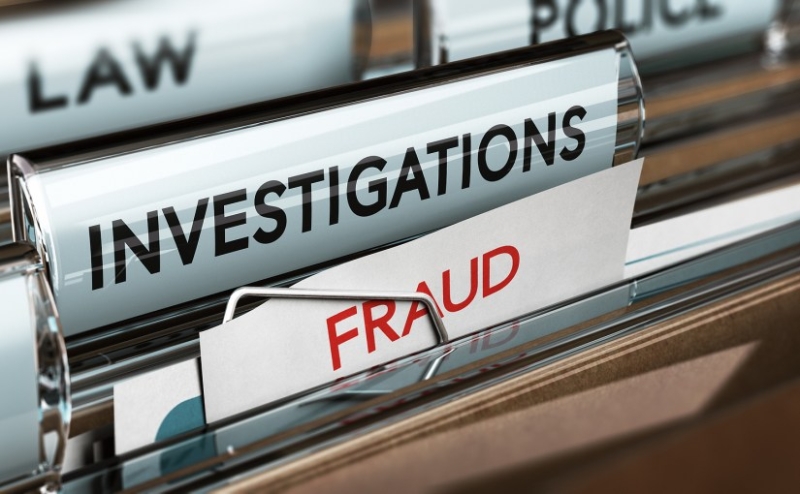
Tropical Storm Helene is projected to hit Florida’s Gulf Coast as a major hurricane later this week, and evacuations are already underway in parts of the state. Employers are likely to face inevitable workplace safety risks with the storm and recovery.
Quick Hits
- Tropical Storm Helene is expected to make landfall in Florida as a major hurricane as early as September 26, 2024.
- Governor Ron DeSantis has declared a state of emergency for sixty-one counties across the state.
- Employers may want to consider their obligations to protect workers and maintain a safe workplace and begin preparations for the hurricane response.
After developing over the Caribbean, Tropical Storm Helene is expected to “rapidly intensify” into a “major hurricane” as it moves over the Gulf of Mexico before making landfall on Florida as early as Thursday, September 26, according to the National Hurricane Center.
On Monday, September 23, Governor Ron DeSantis declared a state of emergency for forty-one counties in Florida. A day later, on September 24, the governor issued a new executive order expanding the emergency order to most of Florida’s sixty-seven counties.
By the time the the storm the storm makes landfall, it is expected to have intensified into at least a Category 3 hurricane, which can bring winds of up to 130 mph and can cause storm surges greater than ten feet. The storm is projected to affect the entire Gulf Coast of Florida as it moves up through the Florida panhandle and into the Southeastern United States.
In total, sixty-one Florida counties are under a state of emergency: Alachua, Baker, Bay, Bradford, Brevard, Calhoun, Charlotte, Citrus, Clay, Collier, Columbia, DeSoto, Dixie, Duval, Escambia, Flagler, Franklin, Gadsden, Gilchrist, Glades, Gulf, Hamilton, Hardee, Hendry, Hernando, Highlands, Hillsborough, Holmes, Jackson, Jefferson, Lafayette, Lake, Lee, Leon, Levy, Liberty, Madison, Manatee, Marion, Monroe, Nassau, Okaloosa, Okeechobee, Orange, Osceola, Pasco, Pinellas, Polk, Putnam, Santa Rosa, Sarasota, Seminole, St. Johns, Sumter, Suwannee, Taylor, Union, Volusia, Wakulla, Walton, and Washington counties.
Workplace Safety Compliance
The Occupational Safety and Health (OSH) Act and Occupational Health and Safety Administration (OSHA) standards require employers to take certain actions to ensure a safe and healthy workplace and make preparations for potential risks, including with regard to events like hurricanes and other natural disasters. Here are some key requirements:
- General Duty Clause: The OSH Act requires that employers provide a workplace free from recognized hazards that could cause death or serious harm, including preparing for and responding to hurricanes and their related hazards. Employers are further required to protect employees from anticipated hazards associated with the response and recovery efforts employees are expected to perform.
- Emergency Action Plans (EAPs): Under OSHA standards, many employers must develop and implement EAPs, covering evacuation procedures, emergency contact information, and roles for employees during emergencies, such as hurricanes.
- Training: Employers are also required to provide training with employees on emergency procedures, including evacuation and shelter-in-place protocols, to ensure they know what to do during a hurricane.
- Hazard Communication: Employers must inform employees about potential hazards, such as chemical spills or structural damage, that could occur during or after a hurricane.
- Personal Protective Equipment (PPE): Employers may need to provide necessary PPE for employees involved in clean-up and recovery efforts following the hurricane.
- Post-Event Safety: Employers may be required to conduct hazard assessments and ensure the workplace is safe before employees return to work after a hurricane.
Next Steps
Given the risks of the hurricane, employers may want to start preparing, if they have not already done so, to ensure the safety of their workplaces and their employees, including communicating emergency plans, and, in some cases, closing or evacuating workplaces entirely.
OSHA has provided more information and resources for employers on preparing for and responding to hurricanes on its website here.
Further, in addition to workplace safety concerns, employers have additional legal obligations or considerations with natural disasters that they may want to incorporate into their disaster management and response plans.
© 2024, Ogletree, Deakins, Nash, Smoak & Stewart, P.C., All Rights Reserved. by: Phillip B. Russell, Dee Anna Hays, Zachary V. Zagger of Ogletree, Deakins, Nash, Smoak & Stewart, P.C. For more news on Florida Workplace Safety, visit the NLR Environmental Energy Resources and Labor Employment sections.






